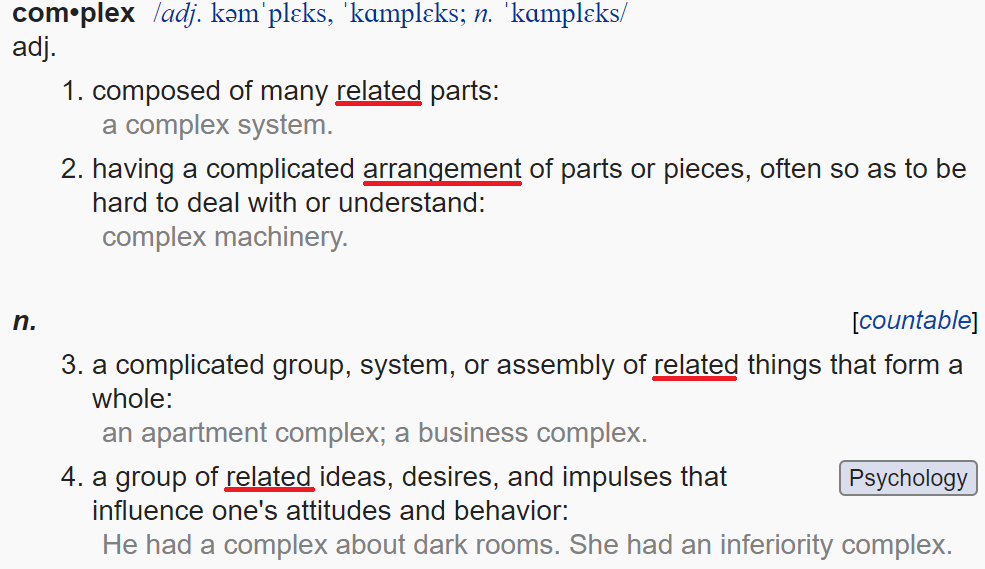Reply to dDx.
I don't know how the analogy would fall apart when it's simply an addition to very concrete arguments, which I used for one person. If I was talking to all the people who don't get the point of DMC at the same time it would be the same. The analogy would fall apart if people were robots unable to adjust their perception, and wouldn't know what's a piano or the point of music.
The analogy doesn't hold well in a vacuum, but in the context of the indirect benefits from such a complex design as our organism. It comes precisely from the biggest picture:
Instruments and art overall have existed much before video games. Even if other types of games have existed before them as well.
The tendency to express ourselves is psychobiological, and the evidence that supports this is how common is art in past societies, and among different cultures. Unlike a much more local (historically more than geographically) tendency about video games. Also subordinate to an industry, in itself subordinate to an economic system, where obviously it's more beneficial to produce fast-food simplistic games or at least what worked once. I use a much wider view to infer psychobiological tendencies for what would be more enjoyable for most human beings than this local factor.
Developers tending to make games with low-variety and people being used to them doesn't mean that there is some innate impediment in human beings to understand what's DMC about.
The proof being the many people who do understand what's DMC about and aren't aliens. Before pretty much everybody used YouTube and Twitter, players were already doing combos and whatnot despite being less connected. Standards simply evolved much slower because they couldn't influence and inspire each other with new ideas.
What's more. I am not so sure the average gamer doesn't grasp or suspect what's DMC about. People have different backgrounds, but I would say it's the other way around.
We would need a more precise way to measure this tendency other than some people calling them button-masher in Twitter.
Besides this, the longevity and intensity of fun depends on complexity and other relevant variables. This is explained in some parts of my first unfinished entry. What this means is that if a game is extremely simple (or at least the way you interact with it), you will get habituation much quicker.
I started playing deeply in 2017 and I am still playing. If another person started at the same time, but spamming DRI, he or she definitely stopped in weeks or months being generous. To play something else. At most that person plays from time to time.
Habituation is an universal basic learning mechanism intimately related to boredom. It doesn't matter if that person tried to convince himself that he was playing correctly the game. It doesn't even matter if we use the labels correct/incorrect.
The level of fun and longevity would be hilariously low compared to mine.
You could try to make a proper experiment giving a ball to one experimental group and letting the subjects simply bounce it as long as possible for a reward. And giving another group instructions to play some (more) intricate game with the ball, like basketball or w/e.
Guess which group would give up quicker.
If 99,99 % of people really perceived DMC just like that and we were THAT rare, the series wouldn't be nearly as popular as it is. You don't even need to be a dedicated player to understand its point, which was exemplified in my argumentation as well.
Keep in mind even in restrictive games people try to be irreverent regarding what Simon says. Being trolling in Dark Souls or exploring strategies that aren't obvious or explicit. Creativity is applied even in the games that aren't like DMC. It's just much more limited.



Comentarios
Publicar un comentario